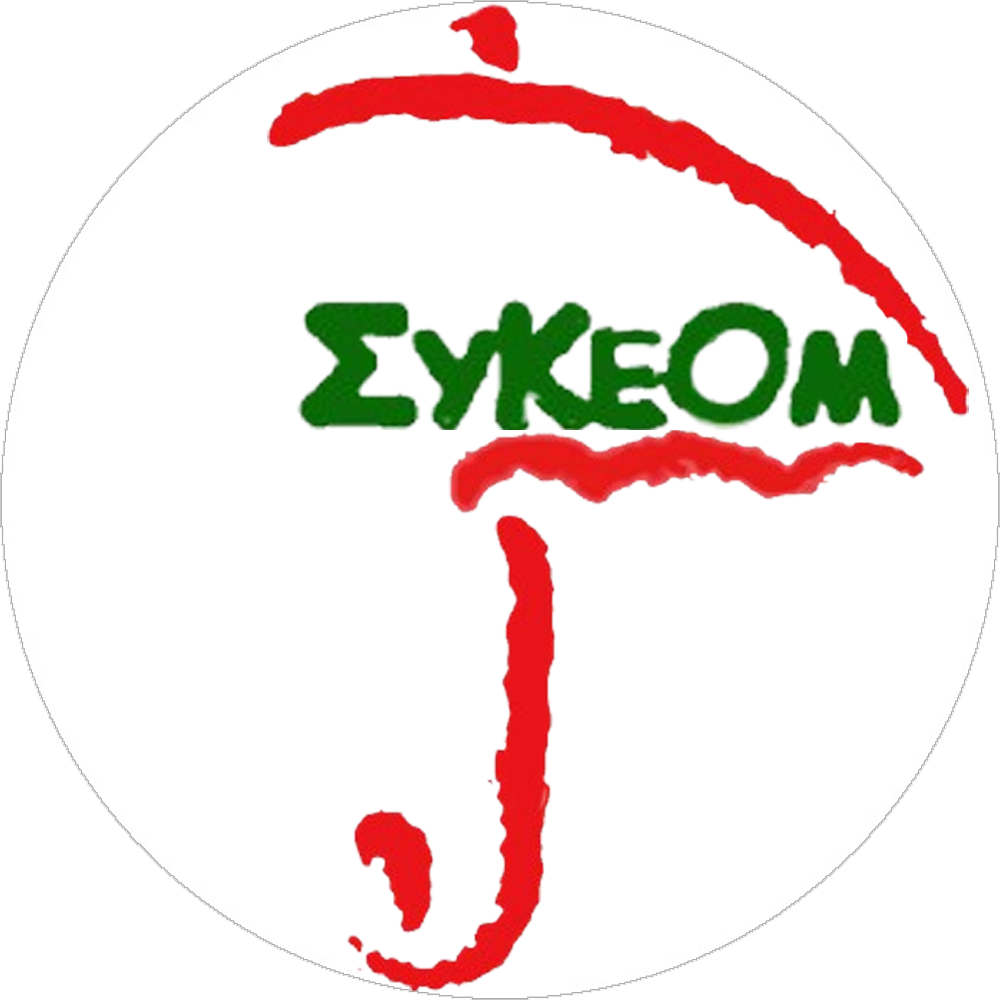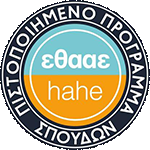As the study of education requires the contribution of various disciplines, the academic staff of the DECE is drawn from a variety of theoretical and applied branches. These branches include not only the educational sciences in a narrow sense but more generally the humanities, the social and the physical sciences.
In addition to its original and principal function of training teachers for the preschool and early school levels, the DECE has gradually expanded its teaching, research and educational intervention activities. These include programs of postgraduate studies, lifelong education for professional teachers as well as research and intervention.
Besides a first degree in Early Childhood Education, the DECE is involved, to begin with, in four postgraduate programs, three of which in collaboration with other Departments and Universities. The oldest of these, originally entitled “Comparative Education and Human Rights”, began in 1994 in collaboration with the Institute of Education of the University of London. It has, however, now evolved into two independent programs: a) “Education and Human Rights” offering a joint degree with University College London (UCL) – Institute of Education (IOE), and b) “Special Education” organized solely by the DECE. In the academic year 2005-06 the program “Information and Media Technologies in Education” was established, given the interest of some of the academic staff in the use of new technologies in education as well as in children’s relationship with the mass media. It was co-organized with the Department of Communication and Mass Media of the University of Athens and the Faculty of Architecture of the University of Thessaly (with the Faculty of Electronics of the Higher Institute of Technology of Piraeus also involved in teaching). Finally, in 2009-10 a program in “Counselling Psychology and Counselling in Education, Health and Work Settings” began with the collaboration of the Faculty of Social Management of the University of Thrace, given the long term functioning of a Counselling Center in the DECE.
In addition, the DECE has contributed to the life-long education of teachers in two ways: For one, it had been responsible for the Institute of Lifelong Education of Kindergarten Teachers of Athens (“Didaskaleion” in Greek), which was established by the Ministry of Education in 1995. It was part of four overall such institutes at the Universities of Athens and Thessaloniki, which were addressed to preschool and primary school teachers considerable experience. All these Institutes ceased functioning in the academic year 2011-12, following a decision by the Ministry to abolish or transform them, although the final decision on their future is still pending. In addition, since 1997 the DECE organized programs for the academic and professional development of teachers who had been trained in the two-year institutes before the establishment of university faculties of education. These programs ran in other Greek universities as well with funds from the Ministry of Education and the European Union, in order to provide alumni of the two-year institutes with the chance of obtaining a degree equivalent to the four-year university one. Since these teachers were considered experienced, they were required to enroll only in theoretically-oriented courses. Although these programs are now practically complete, a few remaining graduates of the two-year institutes keep enrolling for this purpose in the DECE.
The DECE has been involved in a variety of research and intervention activities. Most notable among its intervention activities are two large-scale programs: one for the Education of Muslim children with mother tongues other than Greek in Western Thrace mostly at the primary school level, and a second one for the education of preschoolers in day-care centers. It also hosts the Greek Research Center of the International Association for the Evaluation of Educational Achievement. (IEA). The notable number of research programs headed by the academic staff have been funded by various Greek and European Union financial sources. Finally, it continuously organizes conferences and meetings of various sorts (e.g. an annual conference on mathematics education and various meetings on intercultural education).
Since the academic year 2014-15 seven research laboratories were established with the purpose of continuing the activities of previously established research centers. Three additional laboratories support teaching activities.
Research laboratories
Laboratories supporting teaching activities


